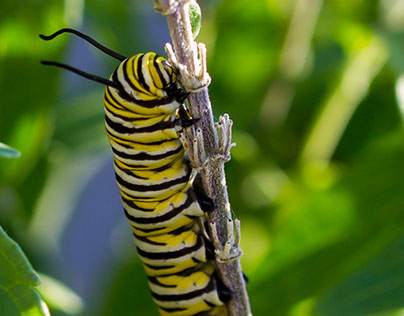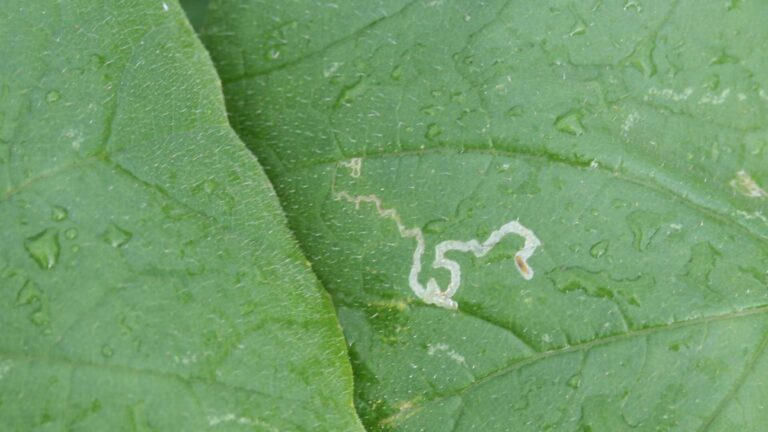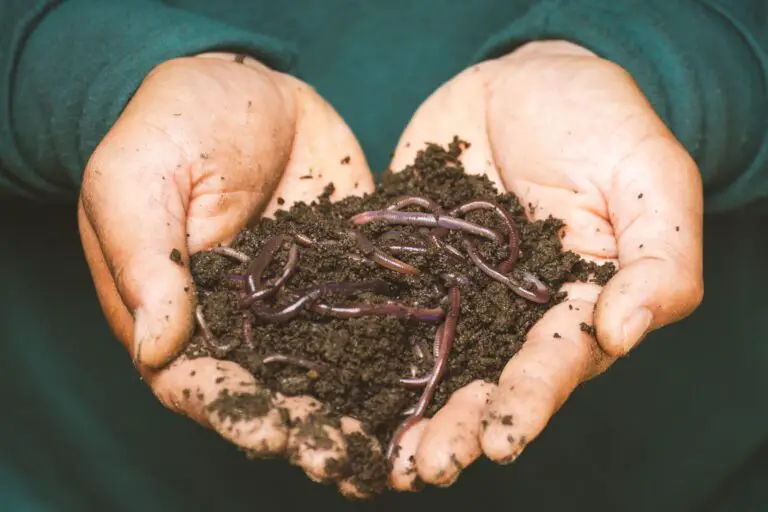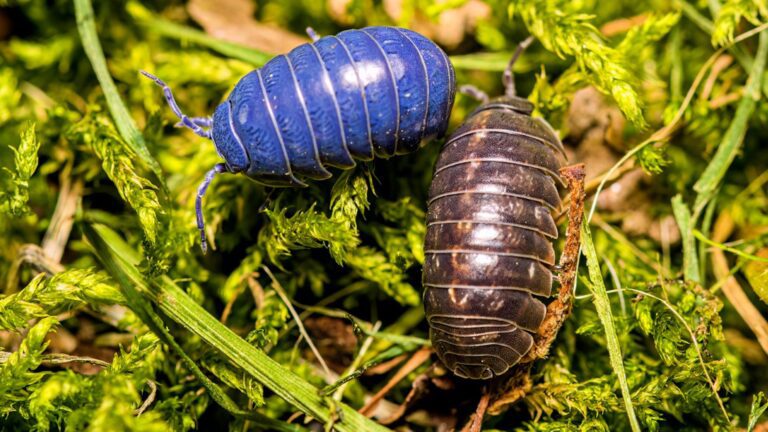Squirrel Dilemma: Best Solutions for a Rodent-Free Garden
Table of Contents
Identifying Squirrel Behavior Patterns: Squirrel Dilemma
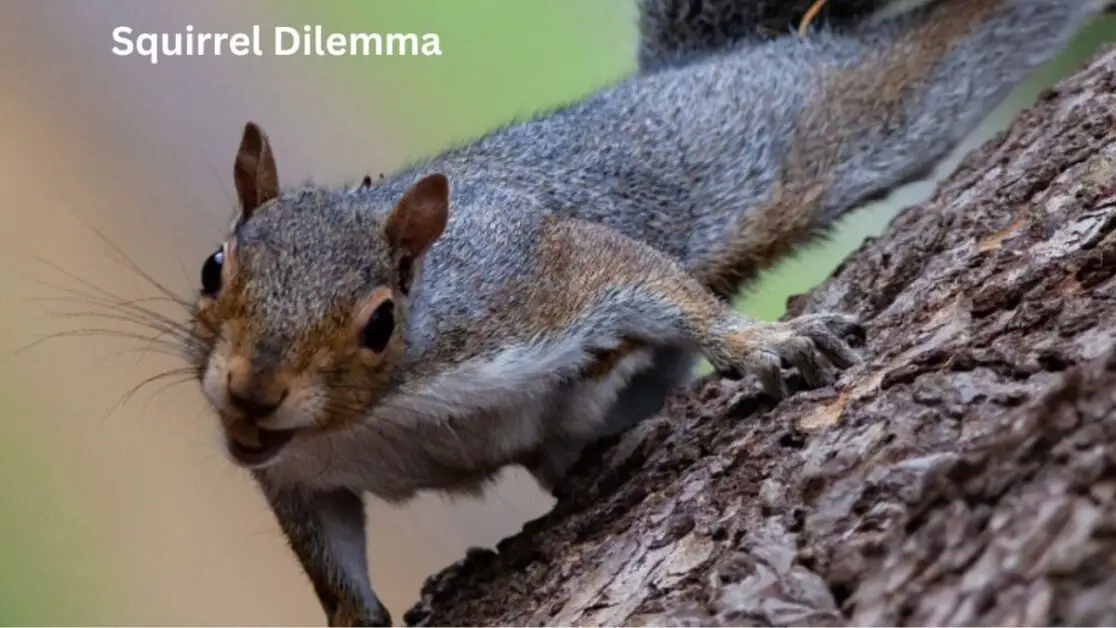
Squirrel Dilemma are fascinating creatures with unique behavior patterns that can sometimes be challenging to understand. One common behavior among squirrels is their agile and acrobatic movements, enabling them to swiftly navigate trees and fences in search of food. These nimble creatures are known for their curious nature, often seen investigating new objects or scurrying around in search of hidden treats.
Additionally, squirrels exhibit territorial behavior, marking their boundaries with scent glands to warn other squirrels to stay away. This territorial instinct can lead to conflicts between squirrels, especially during mating season when competition for resources is high. Understanding these behavior patterns is essential for developing effective strategies to coexist harmoniously with these energetic critters in our gardens and urban settings.
Understanding the Impact of Squirrel Dilemma on Your Garden
Squirrels are cute and agile creatures that can be both a delight and a nuisance in a garden setting. While their acrobatics and playful nature may entertain onlookers, their foraging habits can wreak havoc on delicate plants and crops. For gardeners, understanding the impact of squirrels on your garden is crucial in devising effective strategies to protect your green spaces.
Squirrels are omnivorous creatures with a voracious appetite for a variety of food sources, including nuts, fruits, seeds, and even small insects. In a garden setting, squirrels can cause damage by digging up newly planted bulbs, nibbling on fruits and vegetables, and gnawing on bark and branches. Their foraging behavior not only affects the aesthetic appeal of your garden but can also compromise the health and productivity of your plants. By recognizing the specific ways in which squirrels interact with your garden, you can better tailor your prevention and management efforts to minimize their impact and protect your botanical investments.
Implementing Physical Barriers to Keep Squirrel Dilemma Out
Physical barriers can be an effective way to deter squirrels from invading your garden and causing damage to your plants. One common method is to install wire mesh or hardware cloth around garden beds or individual plants to create a barrier that squirrels cannot easily penetrate. Make sure that the barriers are buried at least a few inches into the ground to prevent Squirrel Dilemma from digging underneath them. Additionally, you can use fences or netting to enclose your entire garden area, making it more challenging for Squirrel Dilemma to access your plants and crops.
Another physical barrier that can be effective in keeping Squirrel Dilemma out of specific areas is the use of tree wraps or trunk guards. These can prevent squirrels from climbing up trees and accessing bird feeders, nests, or other areas where they may cause trouble. Tree wraps made of metal or plastic can be wrapped around the trunk of the tree to create a smooth surface that Squirrel Dilemma cannot grip onto easily. Be sure to regularly inspect and maintain these barriers to ensure they remain intact and functional in deterring squirrels from accessing your garden space.
Utilizing Natural Repellents to Deter Squirrel Dilemma
Natural repellents can be an effective way to deter Squirrel Dilemma from your garden without resorting to harmful chemicals. Substances like cayenne pepper, garlic, and vinegar can create strong odors that Squirrel Dilemma find unpleasant, discouraging them from foraging in your plants and flower beds. Additionally, planting herbs such as mint, lavender, and rosemary can act as a natural deterrent, as Squirrel Dilemma tend to avoid these strong-smelling plants. By incorporating these repellents into your garden care routine, you can help protect your plants from unwanted squirrel activity while maintaining a safe and eco-friendly environment.
Furthermore, using predator urine, such as that of foxes or coyotes, can mimic the presence of natural predators and dissuade Squirrel Dilemma from venturing near your garden. These scents trigger the Squirrel Dilemma ‘ instinctual fear response, convincing them to seek safer areas away from potential danger. Additionally, creating homemade sprays with ingredients like hot sauce or citrus oils can provide a simple yet effective solution to keeping squirrels at bay. Incorporating these natural repellents into your gardening practices can help safeguard your plants and produce from the persistent foraging habits of squirrels, ensuring a flourishing garden for your enjoyment.
Creating Distractions to Redirect Squirrel Dilemma Attention
When Squirrel Dilemma become a nuisance in your garden, one effective strategy is to create distractions to redirect their attention away from your plants. By placing Squirrel Dilemma -friendly food sources such as corn, nuts, or seeds in designated areas away from your garden beds, you can entice the squirrels to focus on these alternative feeding spots. This not only helps protect your crops from being raided but also provides the Squirrel Dilemma with a sustainable food source that can deter them from seeking out your prized fruits and vegetables.
Moreover, incorporating Squirrel Dilemma playgrounds or obstacles like climbing structures and hanging feeders can engage the squirrels in activities that keep them entertained and occupied, reducing their inclination to forage in your garden. These distractions not only offer the squirrels a source of enrichment but also serve as a positive reinforcement tool to steer them towards more favorable behaviors. By implementing these diversion tactics, you can effectively manage squirrel activity in your garden while promoting a harmonious coexistence with these lively creatures.
Planting Squirrel-Resistant Plants in Your Garden
Squirrel Dilemma can be quite the nuisance in gardens, damaging plants and fruits with their persistent foraging. One effective way to protect your garden from these furry pests is by choosing to plant squirrel-resistant plants. These types of plants are less likely to be targeted by squirrels due to their taste, smell, or texture. By strategically incorporating Squirrel Dilemma -resistant plants into your garden landscape, you can help deter Squirrel Dilemma from causing havoc on your prized vegetation.
Some common Squirrel Dilemma -resistant plants include daffodils, hyacinths, lavender, foxgloves, and marigolds. These plants have certain characteristics that make them unappealing to squirrels, such as strong scents, spiky textures, or bitter tastes. Additionally, plants like alliums, fritillarias, and snowdrops are known for their squirrel-repelling properties. By incorporating a diverse range of squirrel-resistant plants in your garden, you can create a natural barrier that may help protect your other plants from Squirrel Dilemma damage.
Installing Motion-Activated Sprinklers for Squirrel Dilemma Control
Motion-activated sprinklers are a clever and humane way to deter squirrels from wreaking havoc in your garden. These innovative devices utilize sensors to detect the presence of Squirrel Dilemma and then release a sudden burst of water to startle the furry intruders. The unexpected spray not only Squirrel Dilemma the squirrels but also conditions them to associate your garden with an unwelcome splash, effectively discouraging their return.
By installing motion-activated sprinklers strategically around your garden, you can create a protective barrier that safeguards your plants and crops from Squirrel Dilemma nibbling and digging. These sprinklers operate on a motion sensor detection system, ensuring that squirrels are targeted specifically, minimizing water wastage and environmental impact. With their effectiveness in deterring squirrels while remaining environmentally friendly, motion-activated sprinklers serve as a reliable and sustainable option for maintaining a Squirrel Dilemma -free garden ecosystem.
Harvesting Fruits and Vegetables Promptly to Prevent Squirrel Feasting
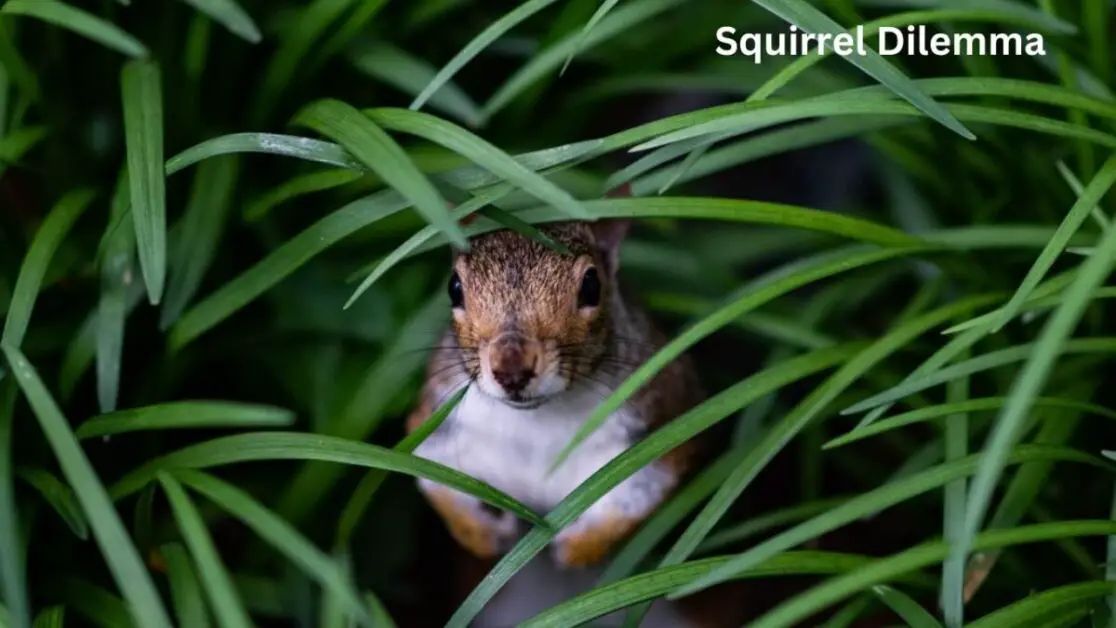
When it comes to protecting your garden from voracious squirrels, one effective tactic is harvesting fruits and vegetables promptly to prevent them from becoming easy targets for these furry foragers. Squirrels are attracted to ripe and juicy produce, making your garden a prime location for their feasting. By promptly picking fruits and vegetables as they reach maturity, you can minimize the temptation for squirrels to raid your crops. This proactive approach not only safeguards your harvest but also helps maintain the overall health and productivity of your garden.
Leaving ripe produce unattended can signal an open invitation to squirrels looking for a quick and convenient meal. By staying vigilant and harvesting fruits and vegetables in a timely manner, you disrupt the squirrels’ access to readily available food sources. This simple yet impactful practice can deter unwanted wildlife encounters and reduce the likelihood of damage to your garden. Preventing squirrels from feasting on your hard-earned fruits and vegetables starts with staying one step ahead and not providing them with easy access to a tasty buffet.
Practicing Proper Waste Management to Avoid Attracting Squirrels
Proper waste management is crucial for preventing squirrels from being attracted to your garden. Squirrels are naturally drawn to areas where food sources are abundant, and improperly disposed of waste can provide easy access to tempting treats. Ensuring that all garbage is securely sealed in animal-proof containers will help eliminate potential attractions for squirrels seeking a meal. Additionally, regularly cleaning up any fallen fruits, vegetables, or seeds in your garden can greatly reduce the likelihood of these furry foragers taking up residence near your plants.
Incorporating good waste management practices not only deters squirrels but also contributes to maintaining a clean and healthy garden environment. By minimizing food sources through proper disposal of organic waste, you can help create an unwelcoming habitat for squirrels to rummage for food. Adopting a proactive approach to waste management will not only benefit your garden’s aesthetic appeal but also play a key role in disrupting the foraging patterns of squirrels, ultimately reducing the likelihood of garden damage caused by these curious critters.
Utilizing Squirrel-Proof Bird Feeders to Limit Food Sources
Squirrel-proof bird feeders are effective tools in limiting food sources for these critters that may disrupt your garden. By investing in bird feeders specifically designed to keep squirrels out, you can ensure that the bird food you provide remains untouched by these furry intruders. These feeders are constructed with features such as weight-sensitive perches or protective cages that prevent squirrels from accessing the seeds and nuts intended for birds.
Bird feeders that are not squirrel-proof can become a buffet for these agile creatures, leading to not only a depletion of the bird food but also attracting more squirrels to your garden. The constant presence of squirrels can result in damage to your plants and frustration for both birds and gardeners. By proactively choosing squirrel-proof bird feeders, you can maintain a harmonious balance in your garden ecosystem and support the avian wildlife without interference from squirrels.
Implementing Scare Tactics to Keep Squirrels at Bay
Scare tactics can be an effective way to deter squirrels from invading your garden and causing damage. One common scare tactic is the use of motion-activated devices that emit a sudden burst of noise or light when squirrels approach. These sudden stimuli startle the squirrels and make them associate your garden with potential danger, prompting them to seek safer areas to forage and nest.
Another scare tactic that can be utilized is the strategic placement of decoys or predator models around your garden. Squirrels are naturally wary of predators such as owls, hawks, and snakes. By placing realistic decoys or models of these animals in your garden, you can create a sense of threat that may deter squirrels from venturing too close. It’s important to periodically move these decoys around to maintain their effectiveness, as squirrels can quickly become accustomed to stationary scare tactics.
Collaborating with Neighbors to Address Squirrel Infestations
Collaborating with neighbors to address squirrel infestations can be a proactive and effective approach to collectively manage the issue. By working together, neighbors can coordinate efforts to implement various strategies that will help deter squirrels from causing damage to gardens and homes in the neighborhood. Sharing information about successful prevention methods and pooling resources to invest in deterrents can make a significant difference in controlling squirrel populations.
Communication plays a key role in neighbor collaboration for squirrel infestations. Establishing a neighborhood network where information about squirrel sightings, behavior patterns, and effective prevention techniques can be shared can enhance the overall effectiveness of squirrel control efforts. By fostering a sense of community responsibility towards addressing squirrel infestations, neighbors can create a united front that promotes a more harmonious coexistence with wildlife while safeguarding their gardens and properties.
Seeking Professional Help for Severe Squirrel Problems
In situations where your squirrel problem has escalated to a severe level where traditional prevention methods have proven ineffective, it may be time to seek professional help. Wildlife removal experts have the knowledge, experience, and equipment to safely and effectively address squirrel infestations in a humane manner.
Professionals can conduct a thorough assessment of your property, identify the root cause of the squirrel issue, and implement targeted solutions to mitigate the problem. By enlisting the help of experts in squirrel control, you can not only protect your garden but also ensure the well-being of both your plants and the squirrels themselves.
Educating Yourself on Local Laws and Regulations Regarding Squirrel Control
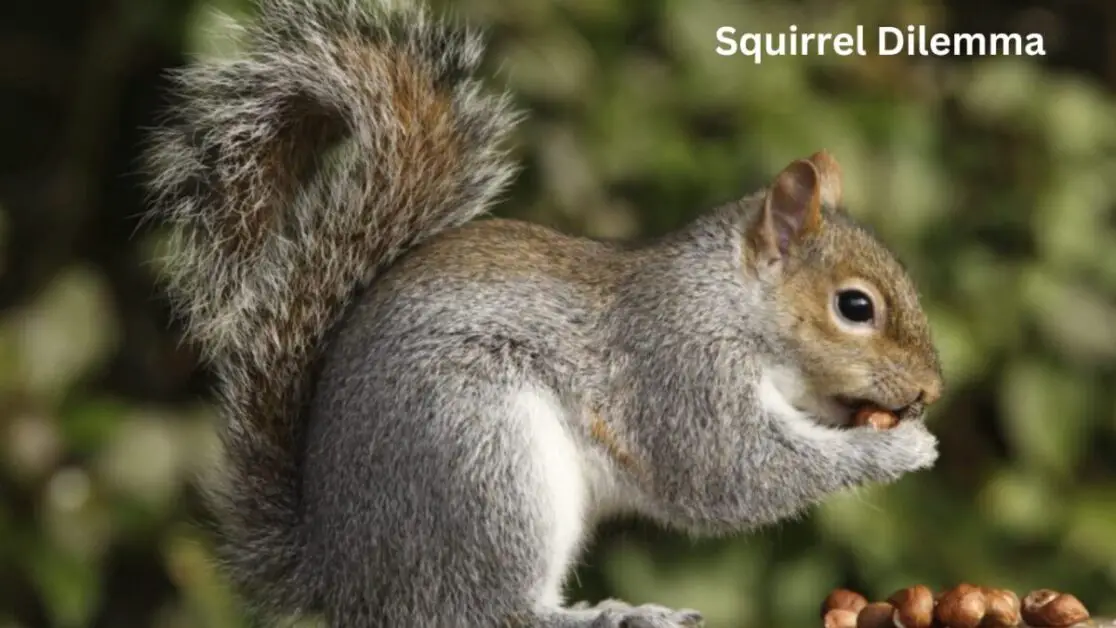
Understanding the local laws and regulations concerning squirrel control is crucial for maintaining a harmonious environment for both humans and wildlife. In many regions, squirrels are protected species, and specific guidelines dictate the permissible methods of controlling their population. For instance, some areas may prohibit the relocation of squirrels to prevent the spread of diseases or disruption of existing ecosystems. Familiarizing yourself with these legal requirements ensures that you can address any squirrel-related issues in a responsible and compliant manner, safeguarding the well-being of these creatures and your garden simultaneously.
Moreover, by staying informed about the laws and regulations governing squirrel control, you can avoid potential legal repercussions associated with inappropriate methods of managing squirrel populations. Violating these statutes, whether knowingly or unknowingly, can lead to fines, penalties, or even legal action. By educating yourself on the proper procedures for handling squirrel infestations within the confines of the law, you demonstrate respect for wildlife preservation while safeguarding your property from potential damage or nuisances caused by these furry visitors.
here’s a simple table outlining different solutions for keeping squirrels out of a garden:
| Solution | Description |
|---|---|
| Fencing | Install a fence around the garden to keep squirrels out. Make sure it’s tall enough and extends below ground to prevent them from digging underneath. |
| Squirrel-proof bird feeders | Use bird feeders designed to deter squirrels, such as those with weight-activated mechanisms that close off access to the food when a squirrel tries to climb on. |
| Repellents | Apply natural or commercial repellents around the garden, such as spicy sprays or predator urine, to deter squirrels from entering. |
| Traps | Set up live traps to catch squirrels and relocate them to a different area away from the garden. Ensure that traps are humane and legal in your area. |
| Plant selection | Choose plants that squirrels are less likely to be attracted to, such as daffodils, marigolds, or certain types of herbs like lavender or mint. |
| Scare tactics | Use scarecrows, motion-activated sprinklers, or shiny objects like aluminum foil or CDs to startle squirrels and discourage them from entering the garden. |
| Secure garbage cans | Ensure that garbage cans are tightly sealed to prevent squirrels from accessing food scraps and becoming attracted to the area. |
| Physical barriers | Place physical barriers like mesh netting or cloches over vulnerable plants to prevent squirrels from accessing them. |
| Habitat modification | Remove potential squirrel habitats, such as overhanging branches or dense shrubbery, to make the garden less attractive to them. |
Remember to consider local regulations and ethical considerations when implementing any solution, especially those involving trapping or relocating wildlife.
Consistently Monitoring and Adapting Your Squirrel Prevention Strategies.
Regularly monitoring and adjusting your squirrel prevention strategies is crucial in effectively managing these furry garden intruders. By staying vigilant, you can observe any shifts in squirrel behavior or garden damage patterns, allowing you to adapt your prevention methods accordingly. Keep a close eye on the effectiveness of physical barriers, natural repellents, and other tactics you’ve implemented to keep squirrels at bay. If you notice any signs of squirrels breaching your defenses, be proactive in making necessary changes to reinforce your deterrents.
Additionally, consider documenting your observations and the outcomes of different prevention strategies to track what works best in deterring squirrels from your garden. This data-driven approach can help you make informed decisions on which techniques are most successful and which may need adjustment. Remember, consistency in monitoring and adapting your squirrel prevention measures is key to maintaining a harmonious garden environment free from unwanted squirrel disturbances.
How can I tell if squirrels are the ones causing damage in my garden?
You can identify squirrel activity by looking for chewed or missing fruits and vegetables, holes dug in the soil, and gnaw marks on trees or plants.
Are there any plants that squirrels particularly dislike?
Yes, plants such as daffodils, hyacinths, alliums, and geraniums are known to be less appealing to squirrels.
Can motion-activated sprinklers harm squirrels?
No, motion-activated sprinklers are designed to startle squirrels with a burst of water, not to cause any harm.
How can I collaborate with neighbors to address squirrel infestations?
You can work with neighbors to share information on effective squirrel prevention methods and create a united front in deterring squirrels from your shared spaces.
What are some common scare tactics that can be used to keep squirrels away?
Scare tactics can include installing fake predators like owl decoys, playing loud noises or placing reflective objects in the garden to startle squirrels.
Are there any specific laws or regulations I should be aware of when it comes to squirrel control?
Some areas may have restrictions on trapping or relocating wildlife, so it is important to familiarize yourself with local laws and regulations before implementing any squirrel control methods.


